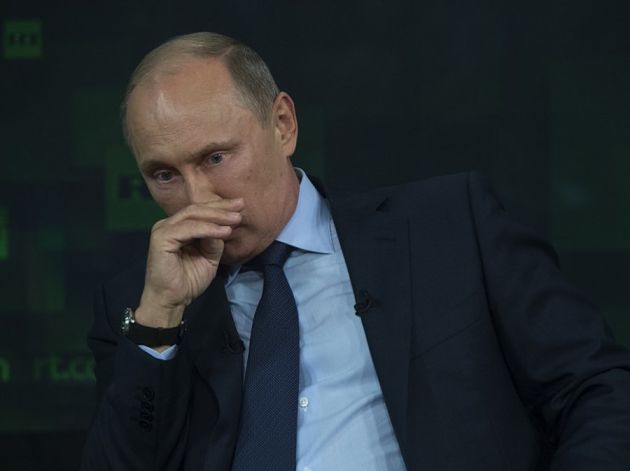This week a number of studies have recorded significant shifts in the mood of Russians, which began to occur or rather accelerated in 2020 under the influence of extraordinary circumstances.
«Rosbalt has published data from a recent study by Russian sociologists, who have come to the following conclusions: «The mass consciousness of Russians is undergoing serious changes: aggression towards the authorities is growing, the demand for a strong hand has almost disappeared, citizens are increasingly demanding respect for their rights».
These conclusions coincide with the data from closed social surveys, which, according to sources close to the FSO (Federal Security Service), were published by political telegram channels specializing in Kremlin-related insights.
According to them, in mid-May the special services recorded a decline in Vladimir Putin’s rating to 15% and an increase in dissatisfaction with his policies to 75% among Russians as a whole and 90% among young people.
At the same time, political scientist Alexander Kynov, who specializes in regional political processes, believes that 15% support for Putin is currently the maximum.
In his opinion, his real rating is between 7% and 15%, and the Russian ruling class is aware of this. In other words, Putin is less popular today than at any time during his rule.
Apparently, this is why the Kremlin decided to hold the Victory Day parade on June 24, which was canceled on May 9.
However, it seems that even its initiators do not believe that it will seriously improve the situation, as evidenced by the new wave of repression that has hit civil society.
This week we have already written about the persecution of national activists and movements in the «national regions» of the Russian Federation, but yesterday once again demonstrated that in Putin’s Russia all peoples are without rights.
For example, journalist Ilya Azar was sentenced to 15 days in jail for picketing alone, and when journalists and other concerned citizens gathered to support him, they were also arrested. In particular, the journalist and human rights activist Sergei Smirnov, the journalist Tatyana Felgenhauer, and the Avar writer Alisa Ganieva were thrown behind bars.
By the way, it is worth mentioning that the arrested Ilya Azar actively participated in the campaign in support of the Dagestani journalist and Islamic teacher Abdulmumin Gadjiev.
Even more shocking, though not unexpected, was the news of the death of human rights defender Sergei Mokhnatkin, who was methodically and sadistically killed by the repressive system for his fierce and uncompromising resistance.
Sergei Mokhnatkin defended protesters from police officers, was twice sentenced, repeatedly beaten by security forces, and the last time his spine was broken, leaving him unable to walk and essentially hospitalized to die.
For many years, the fate of people like him — human rights defenders, journalists, etc. — were not particularly interesting to most Russians, who were enchanted by Putin as a symbol of economic recovery (on oil dollars), «getting off their knees,» «Crimea is ours,» and so on, which allowed for the suppression of the few dissenters that few cared about.
Today, the authorities are continuing and in some places intensifying this repression. But the context has already changed.
More and more ordinary Russians are beginning to realize that anyone — in the regions and in Moscow, non-Russian and Russian, conservative Muslim or progressive liberal — could end up in the place of Mokhnatkin, Politkovskaya, Orkhan Dzhemal, and other «individual» victims of political terror.
And this means that Russian society is beginning to free itself from the Stockholm syndrome of supporting its executioners and understanding that the only way to free itself is to get rid of them.

